Posted for: stormykitteh Josh Layton Suspended in a deep freeze, the growing number of ‘patients’ at the world’s biggest cryo-preservation facilities are taking a dice roll at another life. Some ha…
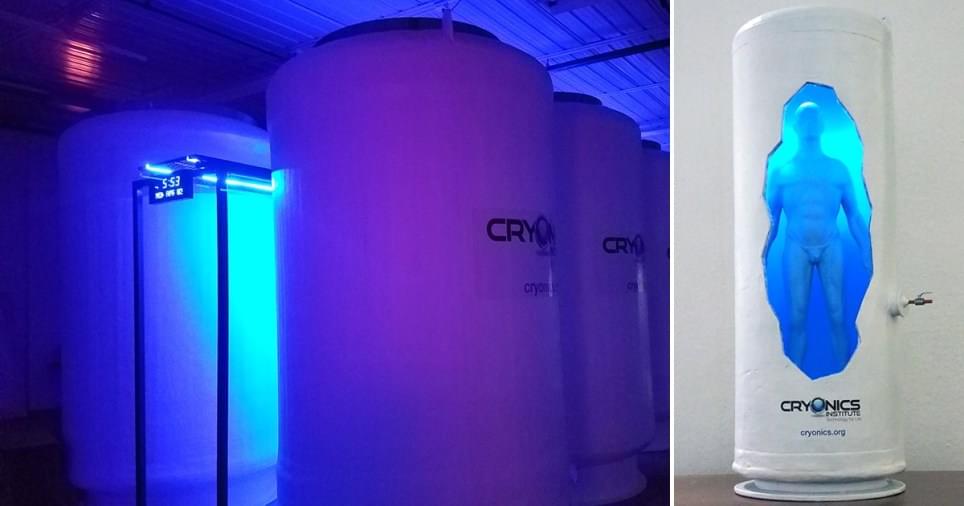

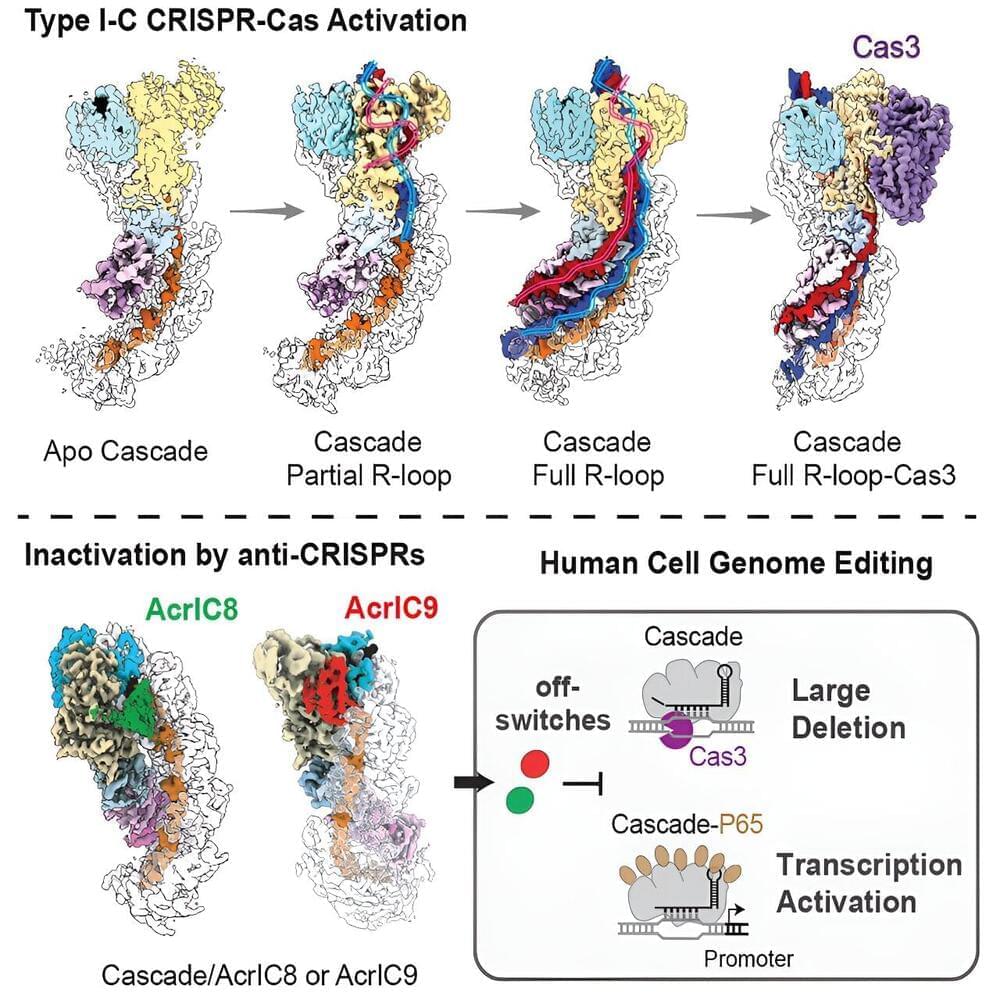
Using CRISPR, an immune system bacteria use to protect themselves from viruses, scientists have harnessed the power to edit genetic information within cells. In fact, the first CRISPR-based therapeutic was recently approved by the FDA to treat sickle cell disease in December 2023. That therapy is based on a highly studied system known as the CRISPR-Cas9 genetic scissor.
However, a newer and unique platform with the potential to make large-sized DNA removals, called Type I CRISPR or CRISPR-Cas3, waits in the wings for potential therapeutic use.
A new study from Yan Zhang, Ph.D., Assistant Professor in the Department of Biological Chemistry at the University of Michigan Medical School, and her collaborators at Cornell University develops off-switches useful for improving the safety of the Type I-C/Cas3 gene editor. The study, “Exploiting Activation and Inactivation Mechanisms in Type I-C CRISPR-Cas3 for 3 Genome Editing Applications,” is published in the journal Molecular Cell.
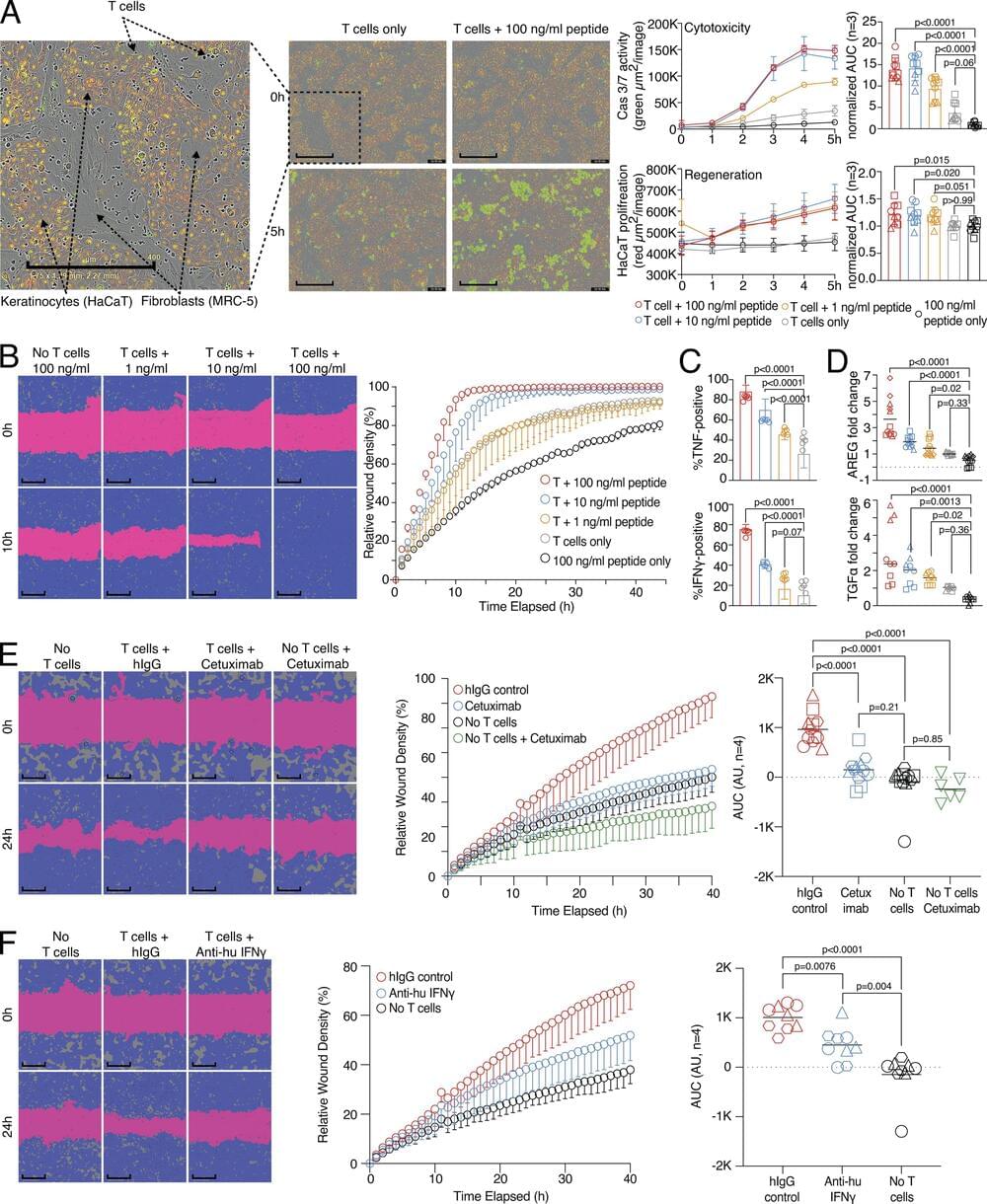
Join us on Patreon! https://www.patreon.com/MichaelLustgartenPhDDiscount Links: Epigenetic, Telomere Testing: https://trudiagnostic.com/?irclickid=U-s3Ii2r7x…
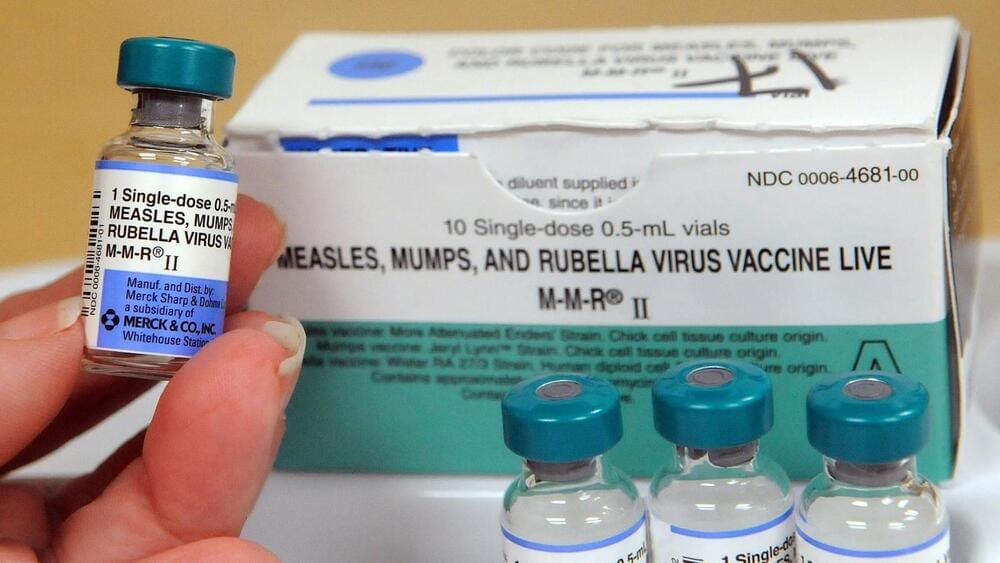
The Centers for Disease Control and Prevention (CDC) is warning clinicians to remain on alert for measles cases due to a growing number of infections.
Between Dec. 1, 2023, and Jan. 23, 2024, there have been 23 confirmed cases of measles including seven cases from international travelers and two outbreaks with five or more infections each, according to an email sent this week.
Cases have been reported in Pennsylvania, New Jersey, Delaware and the Washington, D.C. area so far.
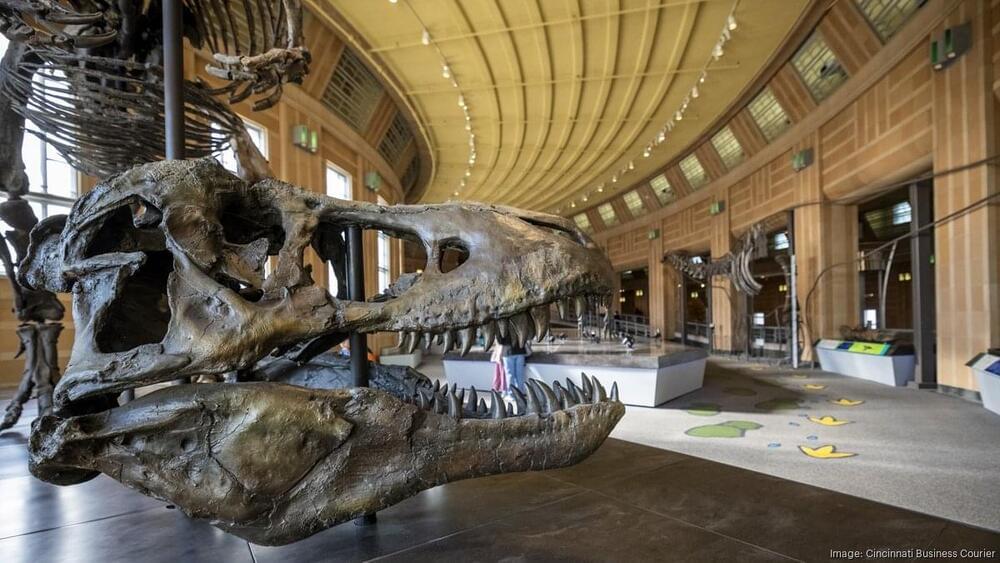
“You need to go back hundreds of million years to understand the full picture of life,” he said. “Fossils are the database for deep-time studies.”
Paleontology may be a look back into the deep past, but it also plays a role in our future.
“Paleontology, and dinosaurs in particular, is a fantastic gateway into science, because all kids are interested in dinosaurs,” Storrs said. “It’s great if they go on to become scientists, but at the very least, they can be part of an informed citizenry that has a basic knowledge of the world and how science operates, because there’s always going to be questions about vaccines for example, or evolution, or climate change. Science plays a huge role in our world today.”

By 2020, the number of smartphone users in the world is expected to reach almost 2.9 billion — nearly doubling in six years from about 1.6 billion in 2014. Technology companies and researchers have been directly and indirectly imbuing smartphones with additional capabilities, including spectroscopy for biological and medical applications, among other uses (Figure 1).
Figure 1. The Changhong H2 is the first consumer device with an integrated imaging spectrometer. Courtesy of Consumer Physics.
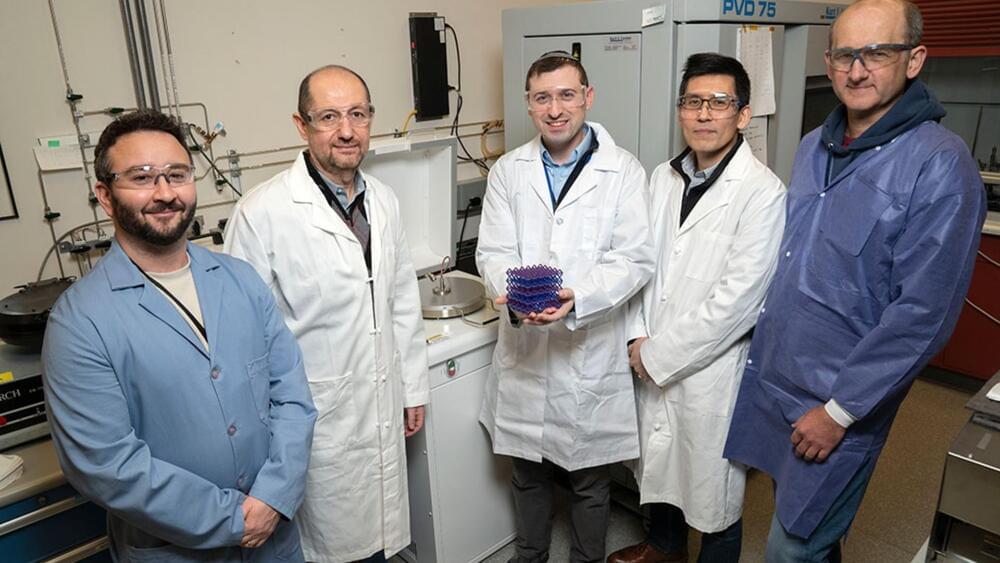

Patients with takotsubo syndrome in a new study had elevated cardiovascular and noncardiovascular death rates. Inhibitors of the renin-angiotensin system were the only cardiovascular medications associated with reduced risk.
In takotsubo syndrome (TS) — also called stress cardiomyopathy or broken heart syndrome — long-term mortality is elevated, similar to that after acute myocardial infarction (AMI), but for unclear reasons. Additionally, evidence-based therapies are lacking for TS. To explore causes of death and the effects of heterogeneous therapies for TS, investigators in Scotland compared outcomes between 620 patients with TS, 620 matched patients presenting with AMI, and 2,480 matched individuals from the general population. Median follow-up was 5.5 years.
Among patients with TS, all-cause mortality was higher compared with the general population (hazard ratio, 1.8), both for cardiovascular causes (HR, 2.5) and noncardiovascular causes (HR, 1.5), but was lower compared with patients with AMI (HR, 0.8). Patients with TS were prescribed cardiovascular and noncardiovascular medications at similar rates to those with AMI. Use of diuretics, anti-inflammatory agents, and psychotropic agents were associated with higher mortality in patients with TS, as was chronic anti-inflammatory medication use. The only medications associated with lower mortality in patients with TS were inhibitors of the renin-angiotensin system.
This study adds to the body of evidence that shows that TS is a serious condition associated with higher mortality rates than the general population but slightly lower mortality rates than patients with AMI. These findings also support evidence suggesting that inhibitors of the renin-angiotensin system are associated with improved outcomes in TS. Although this study did not show an association between beta-blocker use and lower mortality in TS, many prior studies have found such a beneficial association. So, for now I will continue treating my patients with TS with both inhibitors of the renin-angiotensin system and beta blockers.

A genetic marker linked to premature aging was reversed in children with obesity during a six-month diet and exercise program, according to a recent study led by the Stanford School of Medicine.
Children’s telomeres—protective molecular “caps” on the chromosomes—were longer during the weight management program, then were shorter again in the year after the program ended, the study found. The research was published last month in Pediatric Obesity.
Like the solid segment at the end of a shoelace, telomeres protect the ends of chromosomes from fraying. In all people, telomeres gradually shorten with aging. Various conditions, including obesity, cause premature shortening of the telomeres.